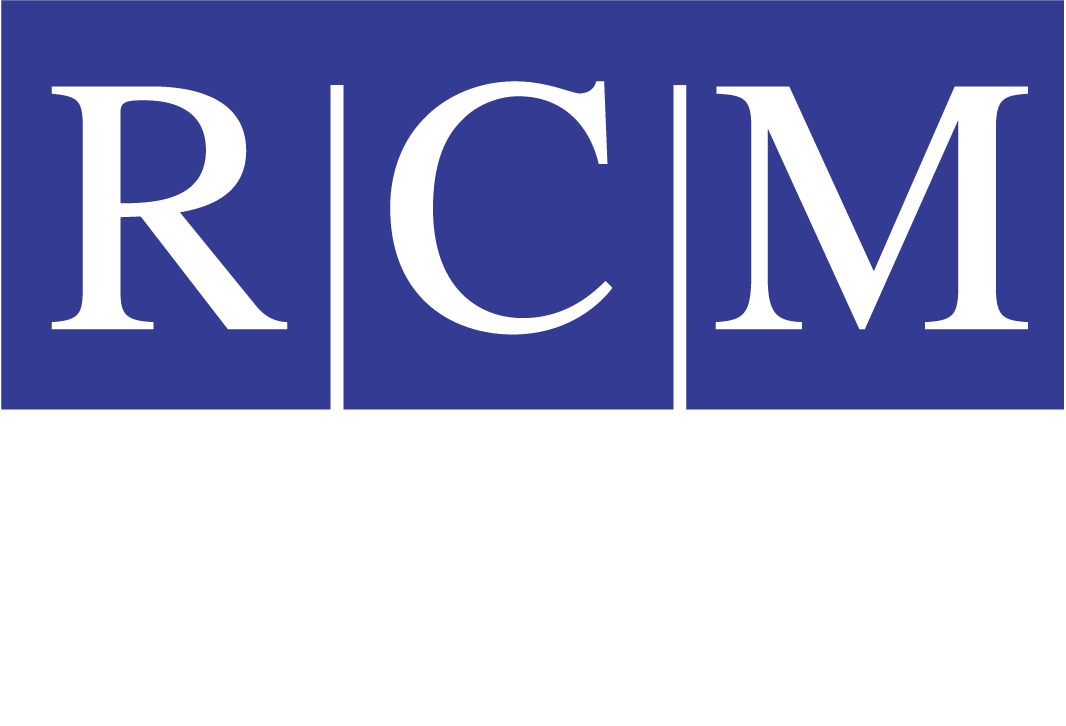 Often, clients are surprised to learn that the Chicago Residential Landlord Tenant Ordinance applies only within the City of Chicago! They then ask: “what law does apply to my tenants?” There are a number of laws that can govern a landlord-tenant relationship, they are: Federal Law, State Law, Common (Case) Law, Local Law and Contract Law. This article points out some (but probably not all) of the laws that govern the landlord-tenant relationship. Let’s take a look at Federal Laws First.
Often, clients are surprised to learn that the Chicago Residential Landlord Tenant Ordinance applies only within the City of Chicago! They then ask: “what law does apply to my tenants?” There are a number of laws that can govern a landlord-tenant relationship, they are: Federal Law, State Law, Common (Case) Law, Local Law and Contract Law. This article points out some (but probably not all) of the laws that govern the landlord-tenant relationship. Let’s take a look at Federal Laws First.
FEDERAL LAWS
Fair Housing Laws
During the reconstruction period after the Civil War, the U.S. Congress passed the Civil Rights Act of 1866 (42 U.S.C. Section 1982) first establishing a law providing that “All citizens of the United States shall have the same right, in every State and Territory, as is enjoyed by white citizens thereof to inherit, purchase, lease, sell, hold, and convey real and personal property.” Currently, the Fair Housing Act(Title VIII of the Civil Rights Act of 1968) prohibits landlords from illegally discriminating against tenants or prospective tenants based upon certain characteristics such as gender, ethnicity, race, age, religion, disability, marital or familial status, national origin or sexual orientation. A number of other federal laws apply to entities receiving federal assistance.
The Fair Housing Act, among other things, governs how landlords can advertise for a rental unit, how a landlord accepts or rejects a tenant, and what reasonable modifications or accommodations a landlord must make for a disabled person.
Lead Based Paint Laws
In 1992, the Federal Government passed the Residential Lead-Based Paint Hazard Reduction Act (Title X of the Housing and Community Development Act of 1982) recognizing the dangers of lead based paint, and empowering the EPA to undertake a program of reducing the dangers from lead based paint. In response to this law, the EPA enacted regulations (40 CFR Part 745) requiring landlords and their agents to warn tenants of lead based paint and other lead based paint hazards in housing built before 1978. The regulations require that prior to a tenant becoming obligated under a lease, a landlord must provide a tenant with an EPA sanctioned pamphlet about lead based paint risk and reduction, any information about the presence of lead based paint hazards in the rental property, any records, reports or test results regarding lead based paint in the rental unit, a a lead based paint disclosure form that includes a lead warning statement and a confirmation that the landlord has complied with the notification requirements that is signed and dated by the landlord, landlord’s agent, if any, and tenants. Landlords are required to retain the disclosure form for at least three years. The exact requirements are listed here.
Immigration Laws
Is it possible for immigration laws to affect Landlords in Illinois? Yes it is. The Federal Immigration and Nationality Act governs the activities of “illegal aliens” and imposes penalties on those persons who assist them. Section 8 USC 1324 Section(a)(1)(A)(iv) provides that “Any person who encourages or induces an illegal alien to come to, enter, or reside in the United States, knowing or in reckless disregard of the fact that such coming to, entry, or residence is or will be in violation of law” shall be punished according to Section 8 USC 1324(b) for each illegal alien in respect to whom such a violation occurs, including fines, imprisonment or both.
Fair Credit Reporting Laws
Smart landlords check the background of their prospective tenants, including ordering and reviewing a credit report. The Fair Credit Reporting Act regulates landlords and their use of information gathered by a credit report. The Federal Trade Commission has an excellent guide detailing What Landlords Need to Know about credit reports. Besides requiring landlords to obtain the tenant’s consent to obtain the report and guidelines on what fees may be charged to prospective tenants to obtain the report, the Act also requires landlords who deny a tenancy or who adjust a tenancy (such as through the requirement of an increased security deposit) to issue a notice to prospective tenants. Failure to comply with the act can lead to the landlord’s liability for damages, court costs, attorneys fees and possibly punitive damages.
Subsidized Housing
Some Federal laws apply or have additional provisions applicable to landlords who receive certain funds, such as rental assistance, from the federal government. One such program is known as Section 8 of the Housing Choice Vouchers Program. The Fair Housing Act, Section 504 of the Rehabilitation Act of 1973, and Title II of the Americans with Disabilities Act all set forth additional requirements for landlords with tenants accepting government rental assistance.
Federal Case Law and Other Federal Law
The above is by no means an exhaustive list of federal laws affecting or governing the landlord tenant relationship. In fact, a whole catalog of published case law exists in the federal courts dealing with these and other laws that can affect landlords. Finally, it is even possible that the action to evict a tenant may, in some cases, be subject to the rules of the Fair Debt Collection Practices Act. As federal law is ever expanding, always attempt to be sure that there are no other laws governing your tenancy.
Click here for Landlord Consulting
Click here for Lease Drafting Services
Click here for Eviction Services
For more information, email Richard Magnone or any of our attorneys at 773-399-1122
Reda | Ciprian | Magnone, LLC, 8501 W. Higgins Suite 440, Chicago, Illinois 60631
